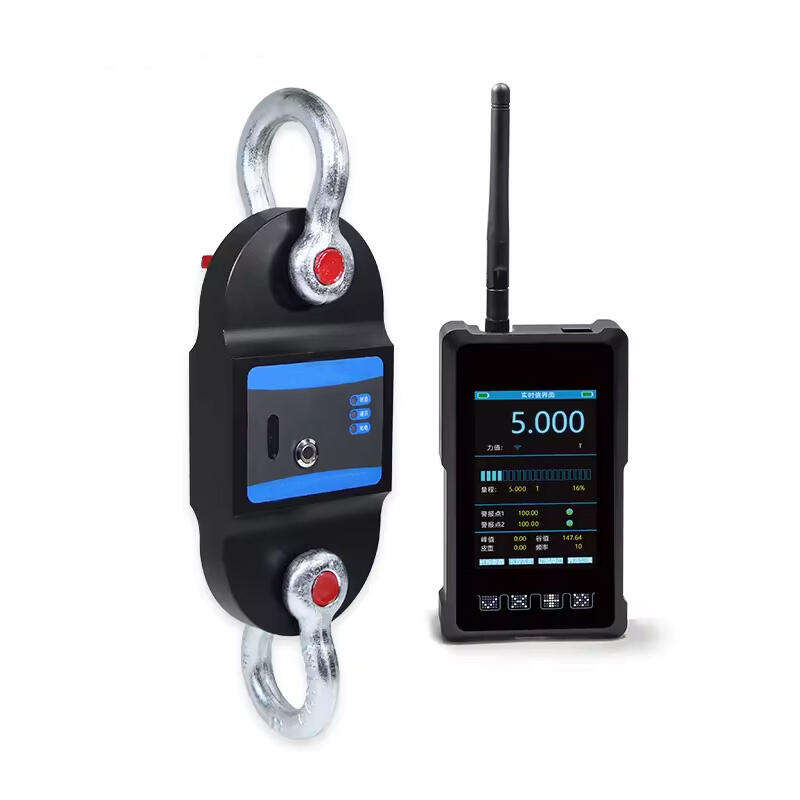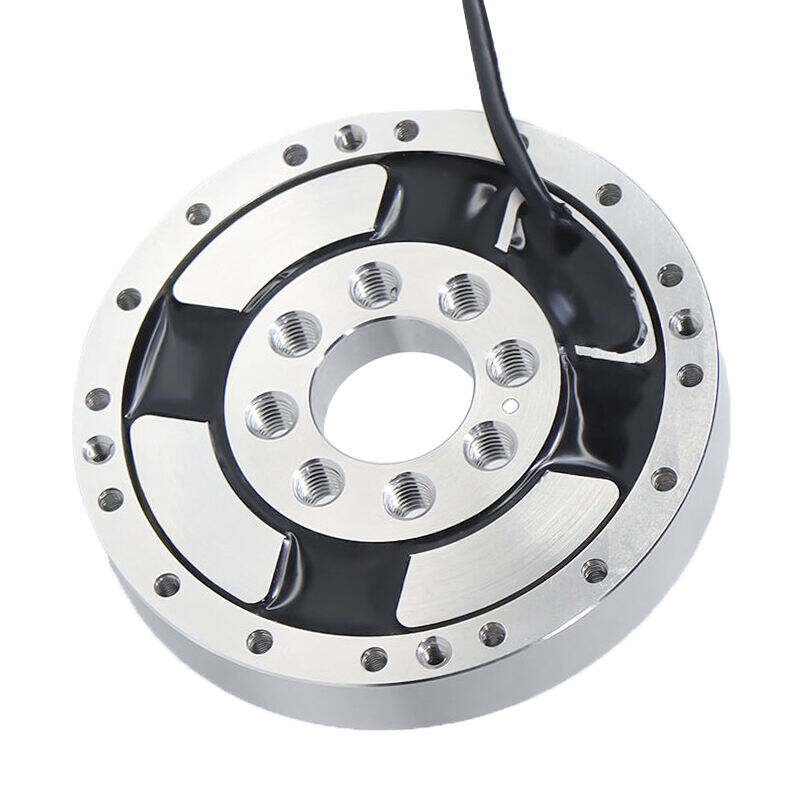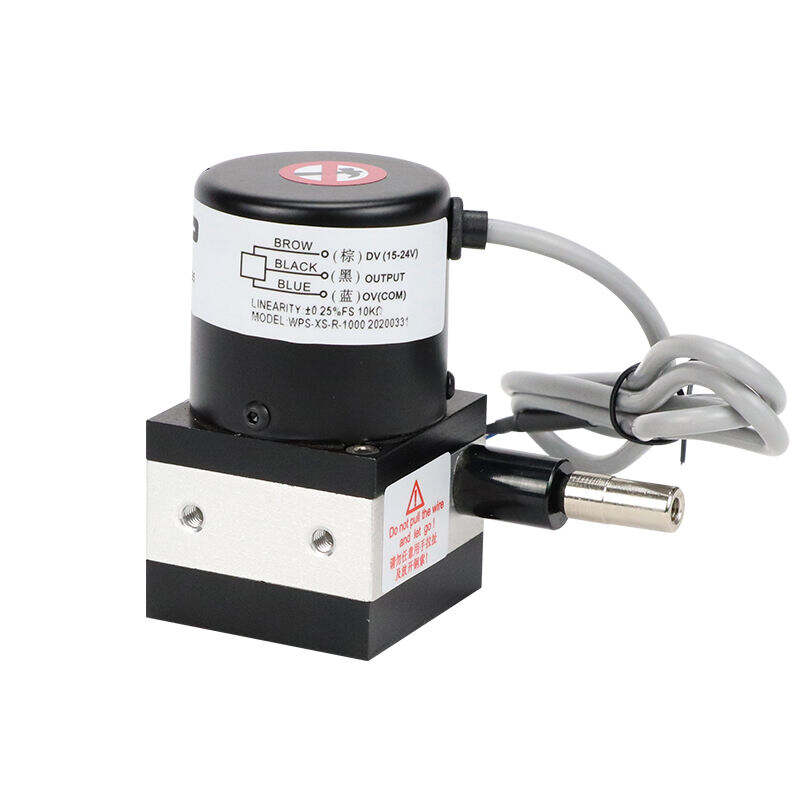Strain gauge load cell
A strain gauge load cell is a precision measurement device that converts mechanical force into electrical signals, serving as the foundation for modern weighing systems. This sophisticated instrument operates on the principle of measuring deformation in metallic elements through changes in electrical resistance. The device consists of strain gauges, typically four, arranged in a Wheatstone bridge configuration, bonded to a metal body that deforms under applied force. When weight or force is applied, the metal body experiences minute deformations, causing the strain gauges to either stretch or compress. These physical changes alter the electrical resistance of the gauges proportionally to the applied force, producing a measurable voltage output signal. Modern strain gauge load cells feature temperature compensation, hermetic sealing for environmental protection, and high-precision machining to ensure accuracy. They find extensive applications across industries, from industrial scales and automated production lines to laboratory equipment and vehicle weighing systems. The technology's versatility allows for measurements ranging from a few grams to hundreds of tons, making it indispensable in quality control, process automation, and research applications.


